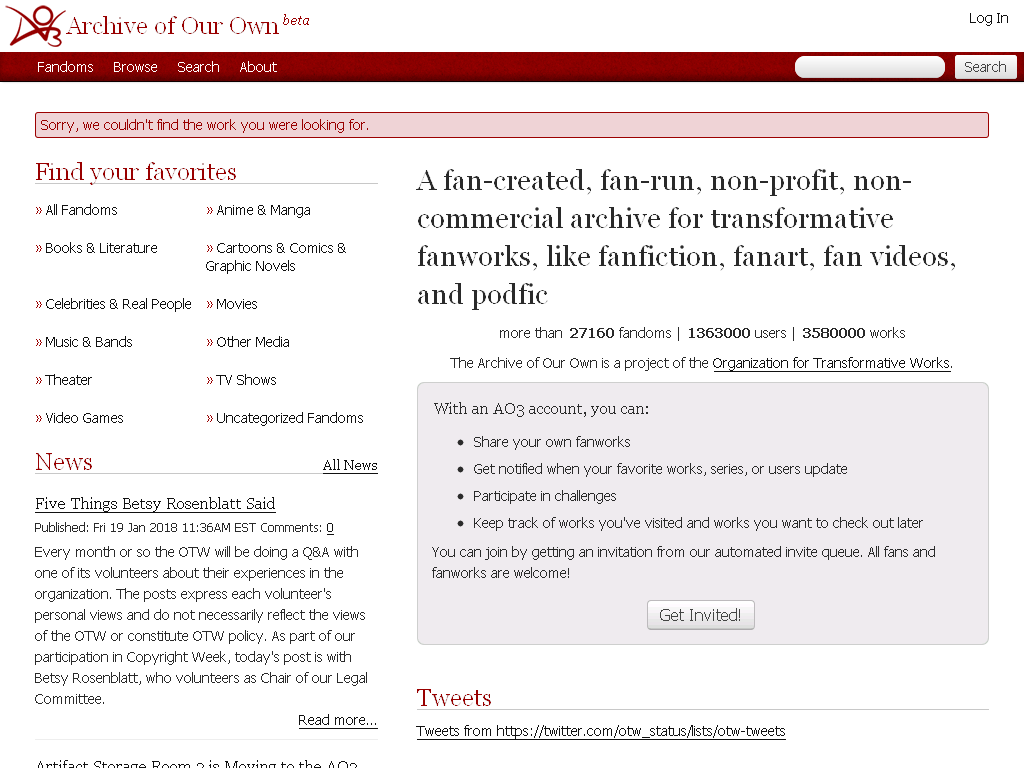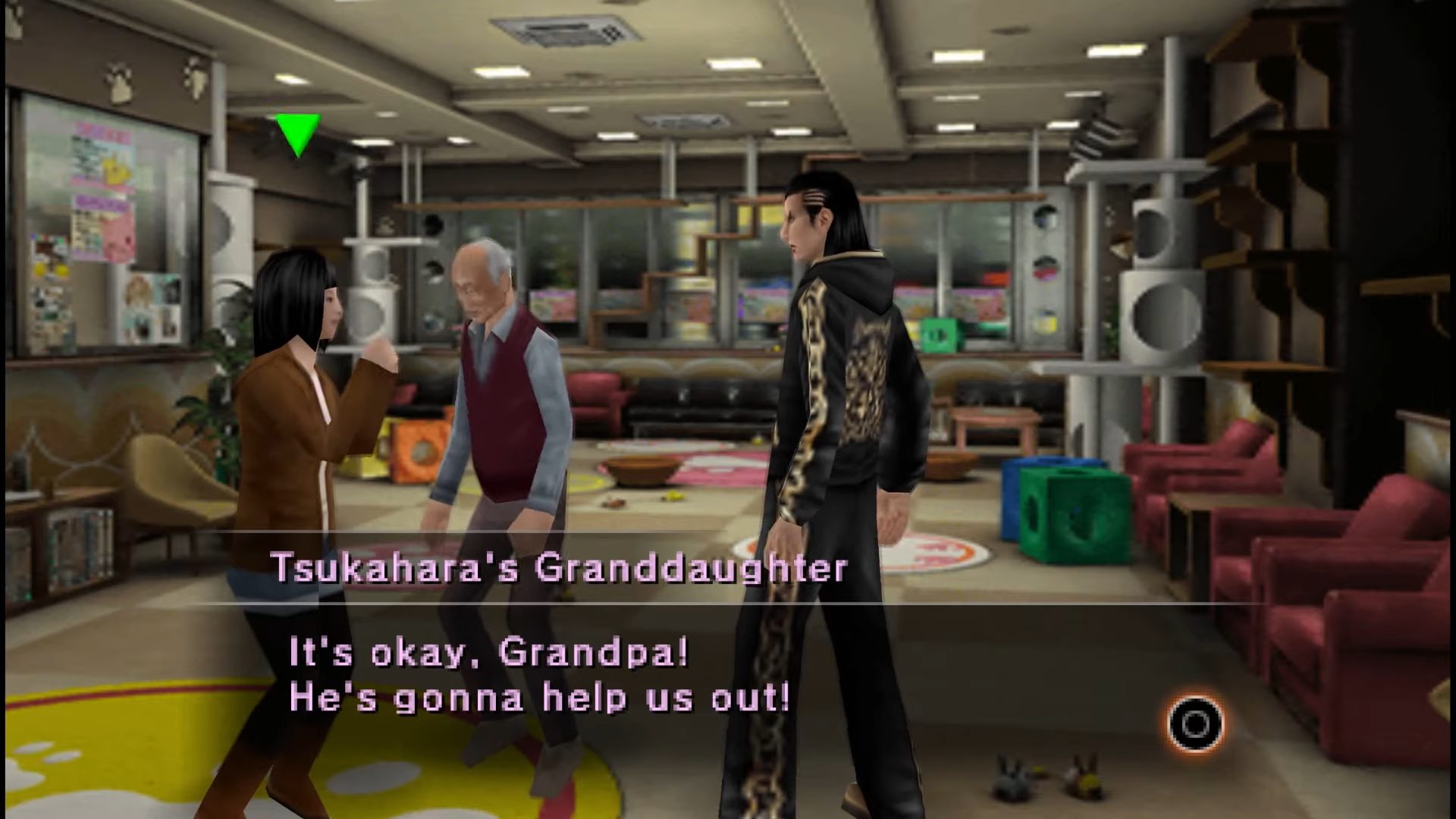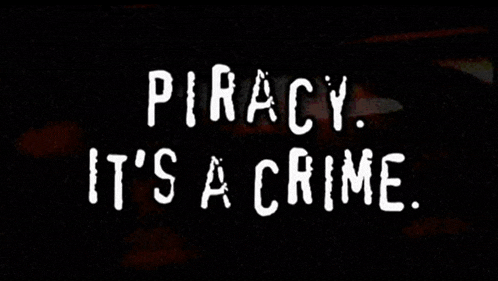If you want it done right, do it yourself
Listen, what if I told you the stories you love, and obsess over, cry about, and argue endlessly about online, weren’t actually meant to belong to corporations at all? Honestly, these narratives were always ours. The fans breathing life into these worlds. Corporate "canon" is capitalism's cleverest scam, designed purely to strangle our imaginations.
Fan-fiction gets a bad rap, but it’s genuinely wonderful. Fans rewrite narratives because "official" versions are incomplete, sanitized, or straight-up complicit in societal injustices. When a queer teen rewrites a boring, heteronormative story to finally see themselves, that’s not just comfort; it’s cultural insurgency. And guess what? Fan narratives are ancient. From folklore, oral storytelling, to medieval reinterpretations, fan-fiction is as old as storytelling itself.
The canon gives an illusion of authenticity, but is essentially capitalism saying, "Nice imagination, mind if we monetize it?" They push "official" like it’s prestigious, dismissing anything fan-created as lesser. Yet, fan culture thrives because it resists definitions, rejects authority, and celebrates imaginative wildness. This resistance gives fan-fiction the space to explore deeper emotional truths and personal realities that corporations rarely acknowledge.

The revolution is DIY, baby
Ownership in fan communities is radically punk. Fans pull characters and stories from corporate hands and return them to the community, creating a genuine cultural commons. Free, transformative, and democratic. Meanwhile, corporations are exploiting fan passion through free marketing and user-generated content while also aggressively censoring and blocking creative fan contributions. Classic capitalist hypocrisy, demanding creativity without respecting the creators of said art.
Fan art embodies love and rebellion. Every sketch, digital painting, or meme openly mocks corporate control, reminding us that creativity isn’t a commodity for suits to profit from. Even as platforms like Tumblr, Youtube, and TikTok empower fan communities, we have to remember that they're also corporate beasts filled with algorithms, monetization traps, and censorship drama. Fans skillfully navigate these corporate-controlled spaces, expressing radical ideas while resisting monetization pressures.
Moreover, this reclamation extends beyond art to cosplay, conventions, and fan gatherings. Events that build physical community spaces around collective shared love and creativity, entirely outside corporate frameworks. These spaces reinforce collective ownership and strengthen community bonds, creating powerful alternatives to this corporate-controlled hellhole we live with.

Who says we need permission to exist in the story?
Corporations discard culturally rich narratives they deem "unmarketable," but fans step in to translate, adapt, preserve, and authentically share these stories.
Fan narratives inherently tackle intersectionality, race, gender, sexuality, disability—the topics mainstream media conveniently sidesteps. Fans don't simply offer alternatives; they're creating inclusive spaces where marginalised voices thrive. Self-insert fan-fiction isn’t just self-indulgent escapism; it's radical self-love and defiance. Marginalised creators inserting themselves into narratives is powerful cultural resistance and reclamation.
This resistance extends globally, fan communities across the world actively resist the imposition of Western narratives, preserving and amplifying indigenous and localised stories. Fan-created localisations reject corporate standardisation and enrich global storytelling with diverse cultural perspectives, making these communities true bastions of global cultural diversity and resistance.

Robin Hood’s got a torrent link now
Fan communities aren’t just spaces to geek out, they're lifelines providing crucial emotional support, reducing isolation, and fostering acceptance. These communities become safe havens where identity exploration and creative freedom flourish without corporate or societal judgement.
Piracy might sound wild, but it's basically Robin Hood with a VPN. It ensures access, preserves forgotten works, and pushes back against corporate greed. Digital piracy and fan-driven archiving also offer ecological benefits, providing sustainable alternatives to physical media production. Eco-friendly piracy, I mean who knew?
Piracy isn't theft; it's cultural redistribution and preservation, and ensuring media access regardless of economic barriers. It's digital activism, plain and simple. You’re challenging corporate attempts to commodify culture and memory. And fan-driven archives maintain rare, obscure, and historically significant media, actually preserving cultural heritage that’s often neglected or deliberately erased by corporate agendas.

The future is fan-made and weird as hell
Picture fan media not as "alternative," but foundational. It’s a cultural commons completely free from corporate monopolies. Imagine creativity valued for communal joy, rather than profit margins. Every shared fanfic, reposted artwork, and pirated preservation moves us closer to this radically better future.
Fan-created narratives aren’t just entertainment, they’re glimpses of a future where storytelling isn't commodified but celebrated communally. By engaging with fan media, we resist corporate commodification of imagination, reclaim narratives, and slowly chip away at corporate control.
Like, imagine fan-created things supported by community-driven platforms, mutual aid networks, and collective ownership models. In this future, storytelling thrives without paywalls or any corporate interference. Narratives are nurtured only by passion, creativity, and communal care.
The revolution isn't coming; it's already here, thriving quietly yet defiantly wherever fans write, draw, mod, pirate, and create exactly the stories we genuinely need in this day and age.
